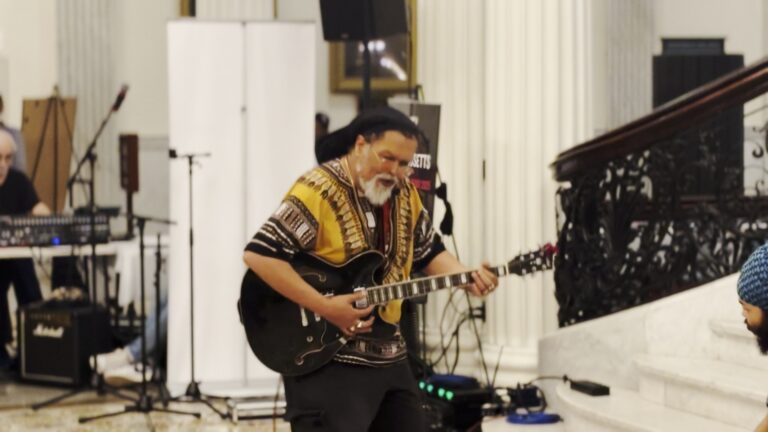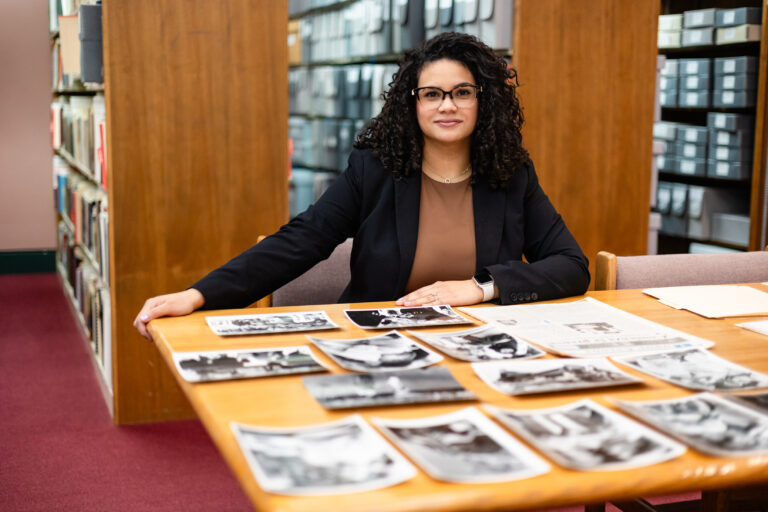
Kumble Subbaswamy is the retired chancellor of UMass Amherst and a committed public education advocate.
Championing an open and transparent leadership style, “Swamy,” as he is known around campus, successfully enacted a comprehensive campus-wide strategic planning process. Under his leadership, the university continues to move up in the national rankings, making the flagship campus one of the fastest-rising top-tier public research universities in the country.
Swamy has also generated an unprecedented level of transformative financial investment and philanthropy for the university, enabling expanded recruitment of a world-class faculty, accelerated enrollment growth of a diverse student body and enhanced facilities.
With an ongoing emphasis on innovation, Swamy positioned the university as a leader in the flexible education revolution. Through UMass Flex, the excellence of the UMass Amherst educational experience is available worldwide, with expanded access to degree completion and professional credentials.
Before coming to Amherst, he served as provost at University of Kentucky. He joined Kentucky University in 1978, after serving as a post-doctoral fellow at the University of California, Irvine. During his first 18 years at the University of Kentucky, he served as Associate Dean of Arts and Sciences and Chair of the Department of Physics and Astronomy.
Swamy is being honored for his commitment to education and transformative work at UMass Amherst.
Mass Humanities: As chancellor, you worked to build a campus culture centered on social responsibility and inclusiveness, which are essential elements in the humanities. What or who led you down the path toward your career?
Kumble Subbaswamy: First of all, UMass was established under the Morrill Act to educate the “agricultural and industrial classes.” As such, educating all segments of society, especially those who have been historically underserved, is part of our mission. Further, a university is not only a place for learning professional skills; it is also a place for personal development as a member of society and as a citizen in an increasingly multi-ethnic and diverse democracy. Thus, diversity, equity and inclusion are integral to the university’s mission.
MH: Your extensive contributions to the humanities include outreach and initiatives aimed at addressing campus climate, diversity and culture. This work has made you a highly regarded Chancellor, both within the campus community and nationally. Can you tell us a little bit about what inspired you to begin these initiatives?

KS: I am a big believer in planning, assessment and continuous improvement. If we are to make good on our goal of being a diverse and inclusive community, it requires intentionality in our actions and a commitment to desired outcomes. We improved our recruitment strategies to the point where we nearly doubled the percentage of students of color over a decade. With one in three students being of color, we then had to ensure that everyone felt welcomed, supported and developed a sense of belonging to the institution. This is no easy task given the de facto segregation that largely exists in our society. Through our climate surveys, we are listening to members of our community and learning how best to create a supportive, inclusive and vibrant campus. This is a long journey, for sure.
MH: You have long been a public education advocate. Can you talk a little bit about the interconnection between the humanities and the work you do?
KS: I find inspiration in Thomas Jefferson’s words, “We must dream of an aristocracy of achievement arising from a democracy of opportunity.” Nowhere more than in education can we put this into action better. To me, college education has always meant a broad-based education: one that fuels our curiosity, allows us to understand and appreciate our natural world, places us in our historical context and helps us realize our common humanity through art, literature, religion and more—which we collectively call culture. Such education is the foundation of democracy.
MH: Recent Supreme Court rulings reducing Women’s Rights and striking down Affirmative Action, as well as the scaling back of Black and LGBTQA+ History courses at the high school and college levels in some states are major issues in the United States. What role can the humanities play to empower people here and across the country to become more engaged in the most pressing issues of the day?

KS: To me, the humanities are a window into the human condition and a glimpse at what makes us human. To recognize and celebrate the various ways in people are different is to acknowledge everyone’s humanity. The different ways in which people experience and express their humanity constitute the richness of music, art, literature and social commentary. To oppress our fellow humans and to censor the expression of their humanity is to deny their humanity. It is everyone’s responsibility, especially of the college-educated, to fight against oppression and censorship by supporting the humanities.
MH: How do you think the humanities can help us navigate these times of division?
To partake in the humanities is to celebrate the breadth and richness of the human experience. It is the best way to develop empathy. To ignore or diminish the role of the humanities in education is an existential threat to the survival of society, let alone a healthy and vibrant one.
Come meet Kumble Subbaswamy and hear him speak at the 2023 Governor’s Awards in the Humanities on Thursday, Sept. 28, at 6:30 p.m. at the John F. Kennedy Presidential Library and Museum in Boston.




